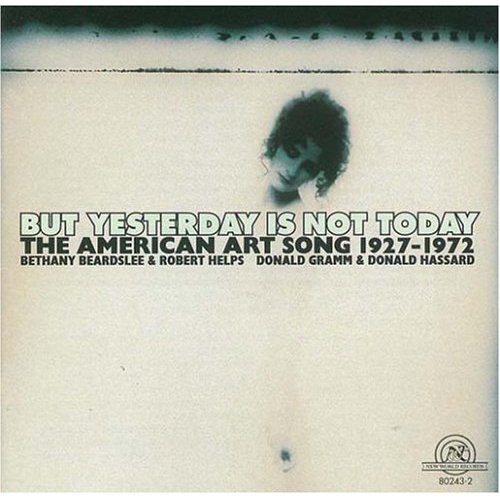
description
7Kevin Volkan and Vamik Volkan present a comprehensive study of schizophrenia using a psychoanalytic lens on the existing interdisciplinary research. Over the last seventy years, mainstream research on the causes, prevalence, and treatment of schizophrenia has greatly diverged from psychoanalytic thinking. However, the emergence of the field of neuropsychoanalysis brings hope that psychoanalytic metapsychology and clinical theory may once again provide valuable insight into understanding schizophrenia. Psychoanalytic treatment may not be appropriate for many sufferers but psychoanalysis does provide insight to inform and improve treatment. It can also illuminate what aspects of schizophrenia are common across cultures, where they present unique characteristics, and just how cultural variations occur. For any future improvement in understanding and treating schizophrenia, the cultural underpinnings and expressions of schizophrenic illness need to be made clear. For clinicians in the field, the authors' aim is to deepen insight and promote the use of psychotherapy and integrated treatments, while increasing sensitivity to cultural variations in schizophrenic disease. Accordingly, this book is divided into four sections. The first gives a brief overview and outline of the mainstream understanding of schizophrenia. The second drills down to focus on general psychoanalytic ideas about schizophrenia, culminating with a focus on problems with early object relations. The third looks at how psychoanalytic treatment can be successful in some cases. The fourth and final part discusses how views of the disorder and the disorder itself are affected by culture. The authors hope to generate insight and understanding of schizophrenic disorders which could lead to new approaches to treating and possibly preventing schizophrenia. It is a must-read for all clinicians and trainees working in the field and presents interesting ideas to anyone with an interest in the subject.
member goods
No member items were found under this heading.
listens & views

BUT YESTERDAY IS NOT TODAY: ...
by BUT YESTERDAY IS NOT TODAY: AMERICAN 1927-72 / VAR
COMPACT DISCout of stock
$17.49
Return Policy
All sales are final
Shipping
No special shipping considerations available.
Shipping fees determined at checkout.






